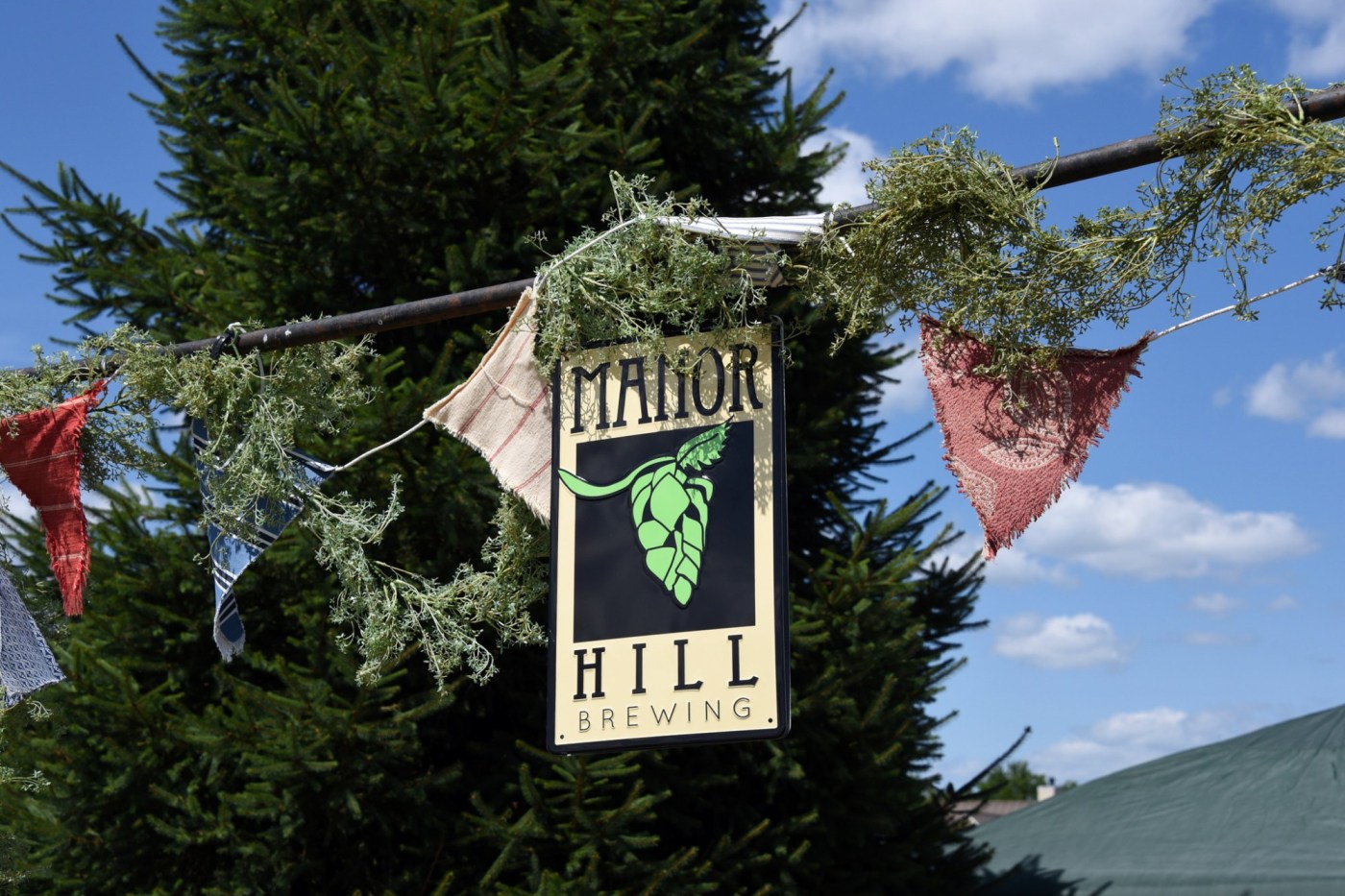Farm breweries in Maryland continue to thrive despite facing economic challenges and local opposition. One notable example is Manor Hill Brewing in Ellicott City, which has gained recognition as “Howard County’s first, and Maryland’s largest, farm brewery.” The establishment recently celebrated a sold-out Craft Fair & Maker’s Market, featuring over 30 vendors. This event highlights the brewery’s commitment to community engagement and the growing popularity of agritourism in the region.
Since the introduction of farm brewer licenses in 2012, Maryland has seen a surge in these operations. Many breweries have leveraged this trend to provide consumers with direct access to locally sourced products. Anthony Aellen from Linganore Winecellars emphasized the importance of maintaining viable farms in the state, stating, “If you can keep a farm viable, it’s much better for the state than rolling it over to a developer.” His brother established the Red Shedman Farm Brewery in 2014, which is currently navigating county permits after a significant fire last year.
Farm breweries like Falling Branch Brewing and Black Locust Hops have also made their mark. Falling Branch Brewing remains a major attraction in Harford County, and Black Locust Hops, the first in Baltimore County to receive a special exception for farm brewing, boasts a loyal customer base from its local community. Owner Lisa Carton noted, “We do have a very loyal customer base,” which underscores the strong community ties that these breweries nurture.
Despite their successes, the farm brewing industry is not without its challenges. Concerns regarding noise and traffic have prompted regulatory responses, such as the 120-day moratorium imposed by Harford County in 2021. Additionally, the economic landscape presents new uncertainties for breweries. Carton expressed that rising production costs, including fertilizers and hops, are pressing concerns.
The trend of reduced alcohol consumption adds another layer of complexity. Caroline Sisson, president of the Brewers Association of Maryland, highlighted that “the trend toward reduced alcohol consumption is a major concern for all breweries — not just in Maryland, but across the country.” Sisson pointed out various challenges facing the craft alcohol sector, including escalating production costs and increased competition from alternative beverages like hard seltzers and ready-to-drink cocktails.
The craft brewing industry has experienced fluctuations over the decades. Following a boom in the 1980s, microbreweries faced hardships in the early 2000s due to rising rents and market saturation. Despite these historical challenges, Aellen believes that the Maryland market remains robust, albeit tighter than before. “In Maryland, the market is still strong,” he stated, reflecting a cautious optimism about the future.
As Manor Hill Brewing continues to navigate its ongoing zoning battle, the county hearing examiner has requested updated memos from neighbors challenging the brewery by October 31. The outcome could impact not only Manor Hill but also the broader landscape of farm breweries in the region, which have become pivotal in promoting local agriculture and community engagement.
Overall, Maryland’s farm breweries exemplify resilience in the face of economic and regulatory challenges, while also adapting to changing consumer preferences. The future remains uncertain, but these establishments continue to play a vital role in the local economy and culture.
